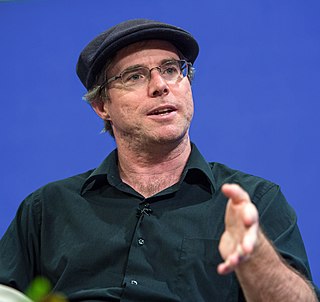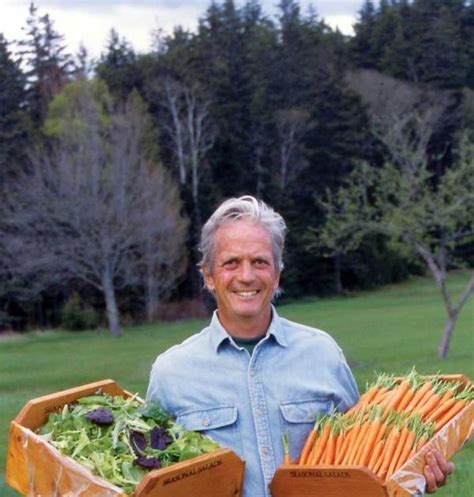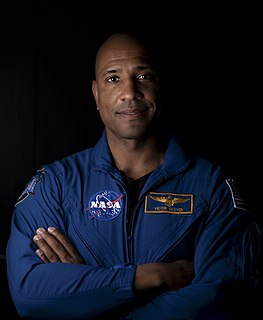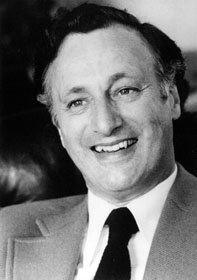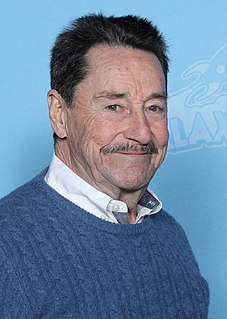A Quote by Gregory Benford
Very little useful science got done in the space station. NASA never did the experiments needed to develop the technologies required for a genuine interplanetary expedition: centrifugal gravity to avoid bodily harm and a truly closed biosphere.
Related Quotes
The space station mission was kind of the culmination of all of my experience of being a NASA Astronaut, so it had brought all of my previous experience into play. I had to learn the Russian language to a fluent level so that I could function as the co-pilot of the Soyuz Spacecraft that we flew up and back from the space station. And then the challenge of being the Commander of the whole expedition, a six and a-half month flight aboard the international space station. I felt the burden of the whole mission on my shoulders, which was fine, and fortunately everything did go well.
We need to be very thoughtful about how we propose to spend the money that NASA does have for space exploration. And we need to be clear that there's the human spaceflight part of NASA, and there's the science space part of NASA, and there's also aeronautics. Those are all very different things that NASA does.
This is a really big space station. We do a lot of various kinds of work here, different kinds of science experiments; we have over 400 different experiments going on at any one time in different areas, from basic science research to medical technology, that hopefully will benefit more people on Earth.
America has always been greatest when we dared to be great. We can reach for greatness again. We can follow our dreams to distant stars, living and working in space for peaceful, economic, and scientific gain. Tonight, I am directing NASA to develop a permanently manned space station, and to do it within a decade.
The only truly dependable production technologies are those that are sustainable over the long term. By that very definition, they must avoid erosion, pollution, environmental degradation, and resource waste. Any rational food-production system will emphasize the well-being of the soil-air-water biosphere, the creatures which inhabit it, and the human beings who depend upon it.
As time goes by, I'm increasingly impressed by how very special and timely it was that we got the degree of national commitment needed to put people on the Moon. For the first time, this nation was united in trying to develop an interplanetary capability. We've been trying to repeat that situation ever since.
We were trying to do as much science as we could because that was the main purpose of the international space station. But without the shuttle to bring up heavy laboratory equipment and bring back samples, we were limited by what we could do, but I was proud that we actually accomplished more science that was planned for the flight. And I got a chance to do two Russian spacewalks on that flight, I had become an expert in U.S. spacewalks and using U.S. suits and techniques, and this was a chance to put on a Russian Orlan suit and do two construction space flights outside of the space station.
I'm always involved with the Aerospace Program and NASA and Goddard Space Flight Center. And if kids feel so inclined, they can log onto NASA and the Optimus Prime Spinoff Award, which we present every year to some of the brilliant young minds that are taking up into the academics of space, science, technology, math.
When Russians were having troubles, the Space Shuttle supported the Space Station Mir bringing up much needed supplies and replacements, critical spares, really. That they were able to keep their space station going for much longer than they would have without us. So, I think that shows the value of international cooperation.






